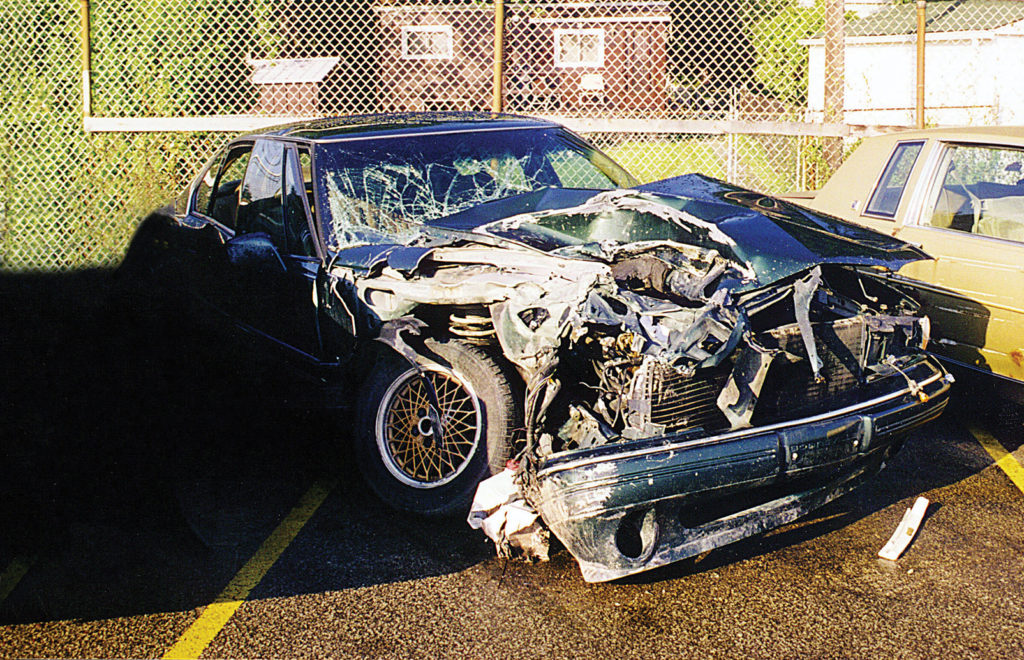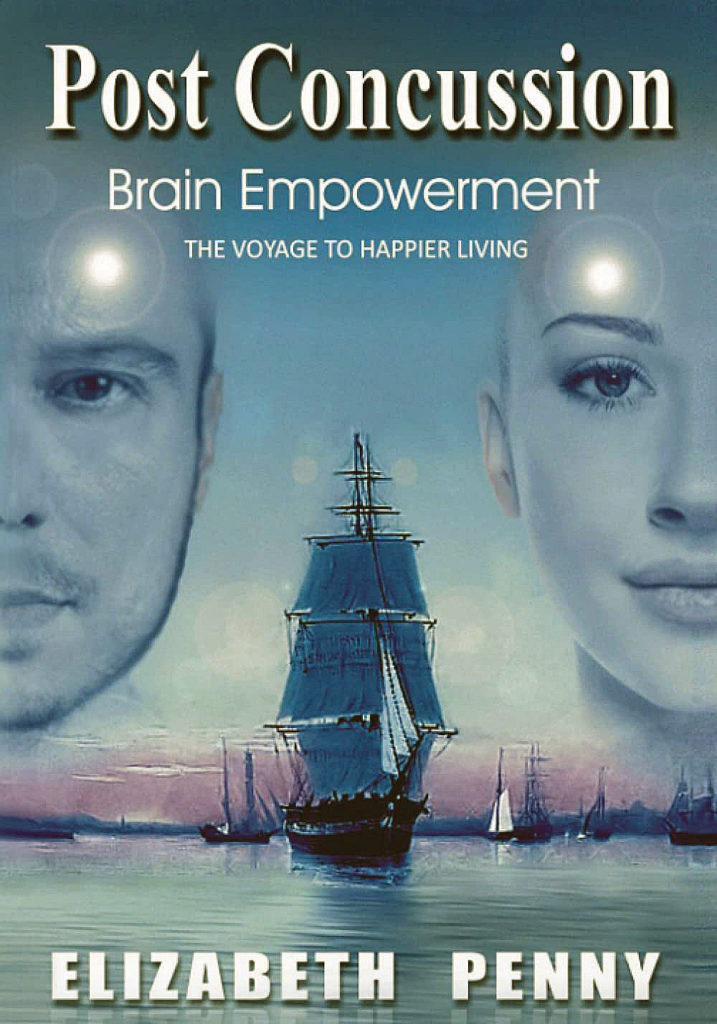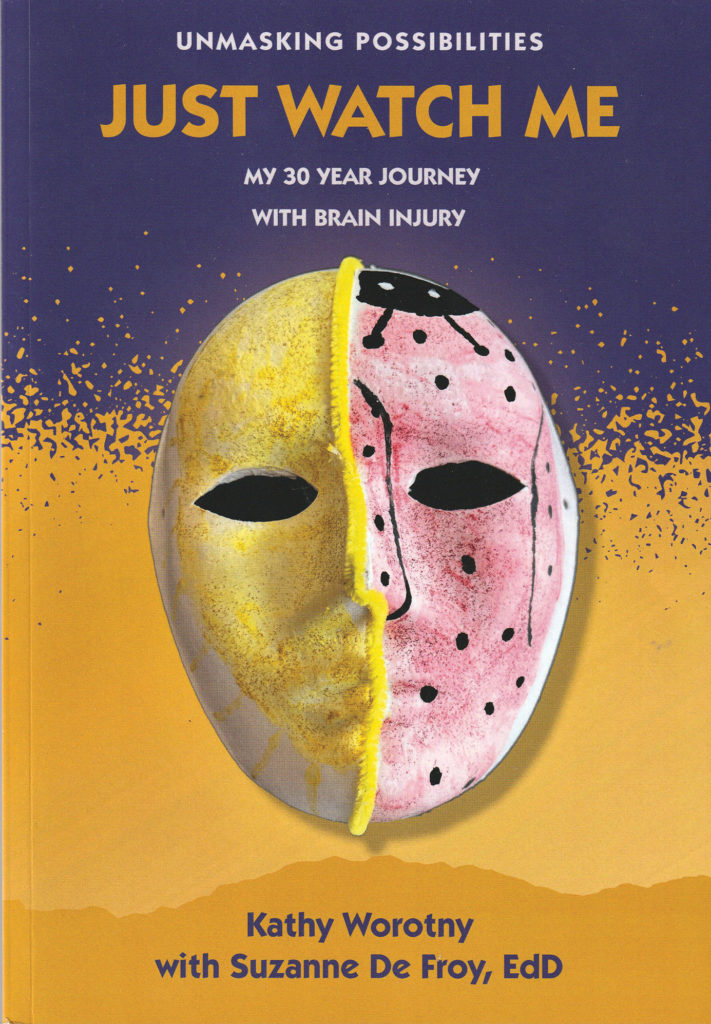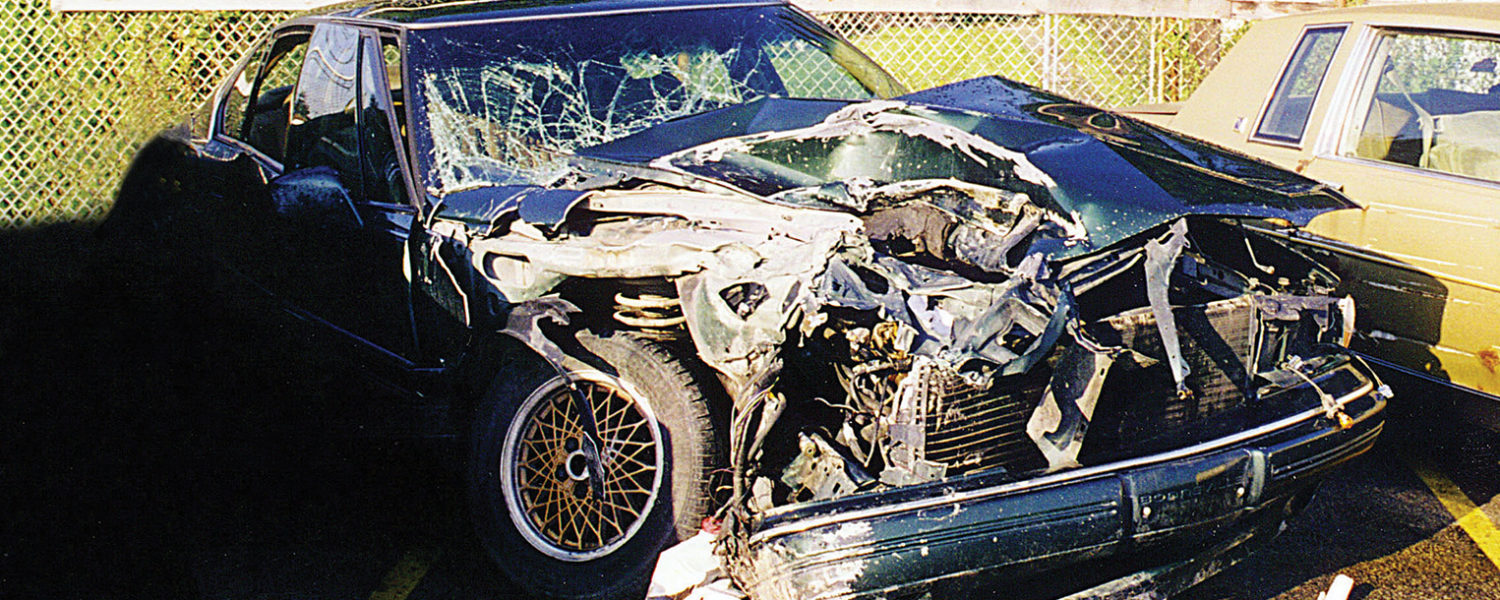When Your Life Changes It’s Hard
to Know Where to Start
Story by Gordon Hillman
Some stories usually begin with, “It was just another typical day…” The weather was amazing as they were taking a walk, going for a bike ride, running errands or driving on their way to work. These stories are about normal daily routines when a chance encounter changed the course of their lives forever.
An anesthesiologist was thinking about his family as he walked along his usual route in his neighborhood. An odd dizziness overcame him. He stumbled and fell backward smacking his head off the sidewalk. As he lay motionless, his neighbors came to his aid and wrapped his bleeding head with a sweatshirt until the ambulance arrived.
A prominent lawyer was riding her bike feeling grateful that she took time away from work, even if only for a few moments. Dusk was her favorite time of day. As she looked sideways at old Victorian houses, her front tire caught a large pothole sending her flying over the handlebars to meet the curb face first. Passersby came to her aid.

Another man was simply running an errand and took a shortcut behind the airport. His car collided at an intersection with a blue pick-up truck driven by a teenager who was travelling at excessive speeds and ran through a stop sign. The victim’s only recollection is uttering the first syllable of a cuss word before everything went black.
A highly regarded teacher was travelling east on the expressway to get to St. Anne’s Secondary School. She turned left on the green arrow when an absent-minded student who was late for a university exam ran through the red light going 70 km an hour. Her Ford Escort was T-boned, spun around and ended up on the other side of the road next to the graveyard. She was resuscitated at the scene and has never been able to recall what happened, relying on details from others.
Each of these young people had promising lives ahead of them and lost almost everything to brain injury, including their careers. Most detrimental was losing their sense of identity. Many other things were affected. Some long-term memories were lost and retaining short term memories would be forever problematic. Everyday abilities like reading, writing and arithmetic and even speaking became a struggle to relearn. The sense of taste and smell temporarily or permanently vanished. Simple tasks such as getting dressed, tending to personal hygiene and going grocery shopping required supervision. Driver licenses being suspended meant a further loss of independence. Some would suffer chronic headaches forever and short tempers can flare at the flick of a switch. Becoming socially awkward while dealing with anxiety, fixations, paranoia, and fear are haunting reminders of the extent of brain injury.
In the beginning, each person was told how lucky they were to survive but they felt anything but lucky. Family stumbled to find clarity with their issues and some grew tired of their antics, losing patience as well as the survivors. The fortunate were blessed to find a loyal and loving Care Giver they could rely on.

At first, they believed the Care Giver would help them get their old life back. Unfortunately, it was a sad day when they realized that would never happen because their old way of life and the person they used to be were gone forever. The best they could hope for is to move forward by re-educating and re-inventing themselves.
As many know, surviving and healing after a traumatic event is complex. A major medical study followed persons hospitalized with a traumatic brain injury over a five-year period and the results are staggering: 22% died, 30% became worse, 22% stayed the same, and only 26% improved (www.cdc.com). Being empowered to improve as a renewed individual so they can live a fulfilling life is now being viewed as a remarkable breakthrough.
Elizabeth Penny, known to her friends as Betty, and Kathy Worotny, the afore mentioned teacher whose car was T-boned are two such people who have improved sufficiently to live a fulfilling life. They have both written books to offer hope for those who suffer with brain injury and their Care Givers. Betty’s book includes stories by local survivors who have fought back to re-establish themselves. Being a former ship captain, Betty used her nautical education to teach brain injury victims how to navigate through the rough waters. She offers wise advice: “You have to learn to live life every day as if it’s your last and savor all the moments.” Her book entitled ‘Post Concussion: Brain Empowerment’ is available at Amazon.ca.
Kathy Worotny required the help of educational researcher Suzanne De Froy to put pen to paper so she could also help those who are discovering the heartache of brain injury. Her story, “Just Watch Me” describes a thirty-year journey of ups and downs that lead to a fulfilling life. Testimonials are woven throughout the pages in a touching, and sometimes humorous way while offering medical and other professional insights. For patients and their Care Givers who are trying to understand the changes that are happening and what the future might hold, “Just Watch Me” may help them find answers. Their book is available at The Storytellers’ Bookstore and at Amazon.ca.

Both authors have a deep inner determination to create a new life. It’s far from perfect and not even close to matching what they had pre-accident. However, in time they began to realize how their new life can become just as valuable and rewarding.
When it comes to getting help, sadly many of the government run organizations have closed and direct help is not always there. What patients need most are strategies to regain skills and emotional support from those who understand. They also need hope and proof that life can get better. The Ontario Brain Injury Association is a great place to access local programs (OBIA 1-905-641-8877). OBIA also offers access to mentors who can help survivors get through the darkest of days. As survivors willing to share what they have learned, mentors provide sympathetic understanding and offer guidance to better cope with a new life.
Every story described at the beginning of this article describes events that happened to friends of mine. I too am a survivor, the man who took the short cut behind the airport. For me it has been a very long mountainous journey of 24 years. For all I have gained after my own brush with death, I am truly grateful to be living the life I now live.




Add comment